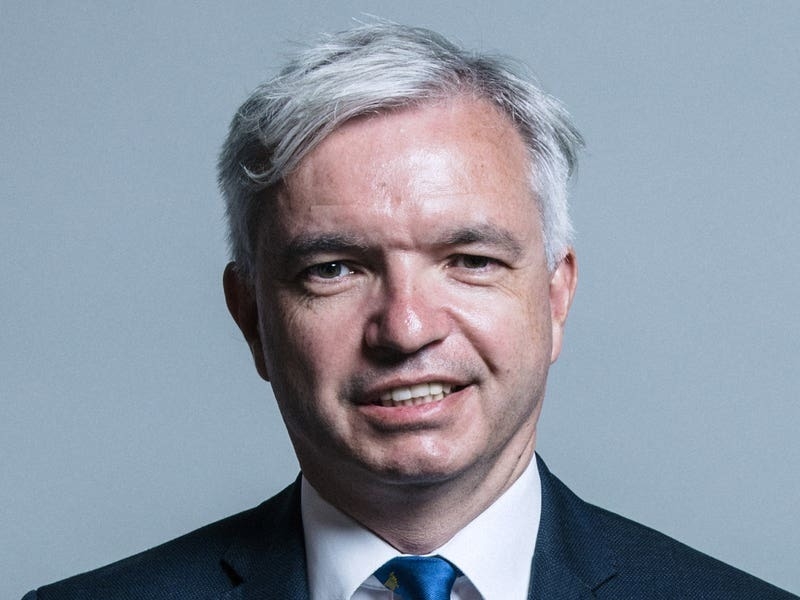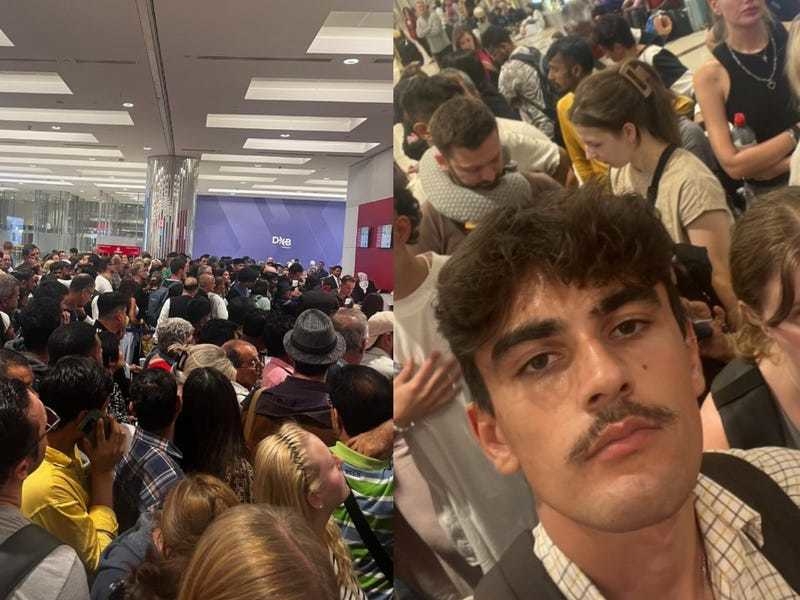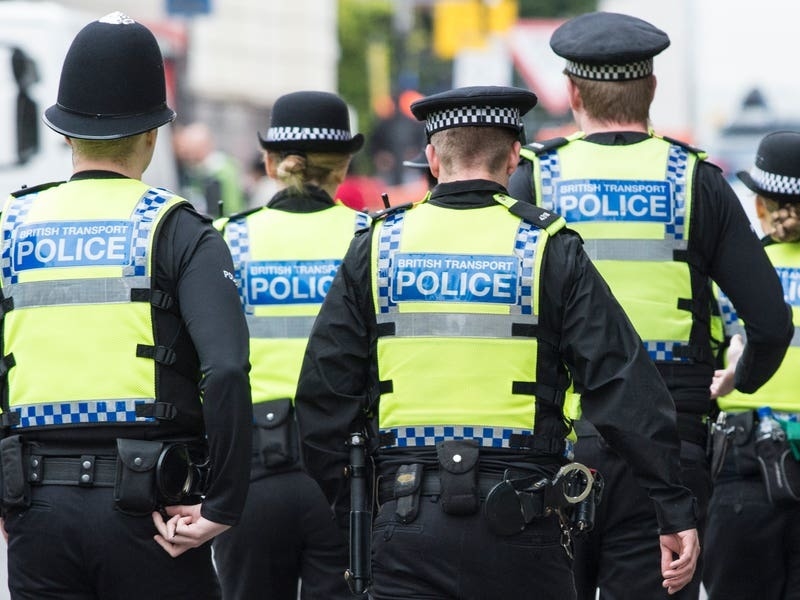By Gavin St Pier
WITH Jersey’s general election fast approaching next week, I will steer well clear of commenting on the campaign, candidates or parties. I am sure that if I were to do so, it would not be welcomed by anyone.
However, now is a perfect time to examine what it is that successful candidates will actually be joining. I don’t just mean taking their seats in the States Assembly, but with their post-election, adrenaline-infused excitement, will they be joining a profession or a trade? Are they embarking on a job or a career? Is it a more of an occupation than a vocation? And are they joining a club or entering a bubble? All of these nouns are associated with and ascribed to – here’s another one – the political class.
Whether it is year groups at school – the class of 2022 – or socio-economic classes – working, middle and upper or ABCDE – the term ‘class’ is often used to group people so they can be more easily identified to those outside that group.
Certainly, politicians often display behaviours that enable them as a group to be more readily identified as different and apart from others, hence the valid use of the term ‘political class’. Without any scientific or evidence base whatsoever, it often feels to me that, compared to those outside the political class, we have among us – including myself, of course – a disproportionate number of sociopathic egotists, lacking self-awareness and displaying a sometimes nerdy obsession with detail on subjects of little interest to anyone else. On occasion, an individual might even display all these characteristics at the same time.
No one should be surprised by this. Most normal people will tell you, ‘Politics isn’t for me’ and ‘I couldn’t do it’. It does take a particular sort of person to put their head above the parapet in the full knowledge that it will be metaphorically shot at when they do so.
After eight years in two senior positions in Guernsey politics – Treasury and then Chief Minister – I’ve ‘stepped back’ in the last two years into quieter currents. (That gentle interpretation of my public defenestration is, of course, a classic example of self-delusion practised by the political class.)
From those quieter waters, I’ve noticed – in another sweeping generalisation for which my class is known – that 99% of the public don’t follow or care much about politics 99% of the time, unless and until there is an issue which impacts them or about which they care deeply.
The political media, whose job it is, do their best to keep the public informed and interested but it can be an uphill battle. That is not a criticism (of course) of the public who elect us, but just a recognition of the reality that most people are quite rightly getting on with their lives – families, jobs and homes understandably take priority over politics.
So those who are elected next week will find they are indeed entering a political ‘bubble’. They will live, think, breathe and dream about politics 24/7 for the next four years, where every utterance by a colleague seems to be of import but, in reality, will be of far less consequence.
Shared experiences are often what bring those with mutual interests together in a ‘club’, which is why that term is often used to describe politics. My sense, though, is the whole experience is much less clubbable than perhaps it once was. Polarisation and division among politicians everywhere seems to have become less policy based and more personality based. The idea that you can vote in opposite ways but still have a drink together is, sadly, less common than in the past.
The distinction between whether a role is a trade or a profession is no doubt a suitable topic for a class-based scholarly analysis. But whether it is trade ‘craft’ or professional ‘expertise’, both require skill and experience to be good at the job – and so it is with politics. Those who come in, as they do at every election everywhere, thinking that politics is just like business or management, will quickly learn that there is much to learn (I know, because that was me when I was first elected in 2012).
That is not an argument for only electing those with experience. As in any other trade or profession, fresh blood and new ideas, energy and unjaundiced enthusiasm are needed in politics, not least to question and challenge the rationale for long-established practices. However, those who are lucky enough to be newly elected next week will, I hope, have the humility to accept they are not the finished article in their new trade (or profession).
Job? Occupation? Career? Vocation? To suggest politics is ‘just’ a job diminishes the individual fortunate enough to have won a seat. While ‘occupation’ might suggest it is something you are doing until something else comes along to occupy your time, to describe politics as a career implies either a level of unseemly greasy-pole ambition (which many will have but deny having) or plodding time-serving more akin to that of a salaryman in Japan.
To describe it as a vocation to which you have a calling – perhaps to give back – is much worthier. But like those who find they are called to other vocations – of which there are many in public service – there are times when in order to keep any sense of perspective, particularly with your supportive loved ones, you must regard the role as a job. In short, you need to keep in mind that there are other important things in life as well as your vocation, whether that is politics or something else.
Having exercised your democratic right in voting for candidates of your choice, and before resuming your more relaxed state of political observation for the next four years, take a moment to wish wisdom and good judgment to those who assume (or resume) their seats in the club and bubble of the States Assembly, juggling their job, career, vocation, profession, trade and occupation with their personal life, as they work for you and your community.
-
Gavin St Pier is a Guernsey politician. He previously served as the president of the island’s Policy and Resources Committee.






